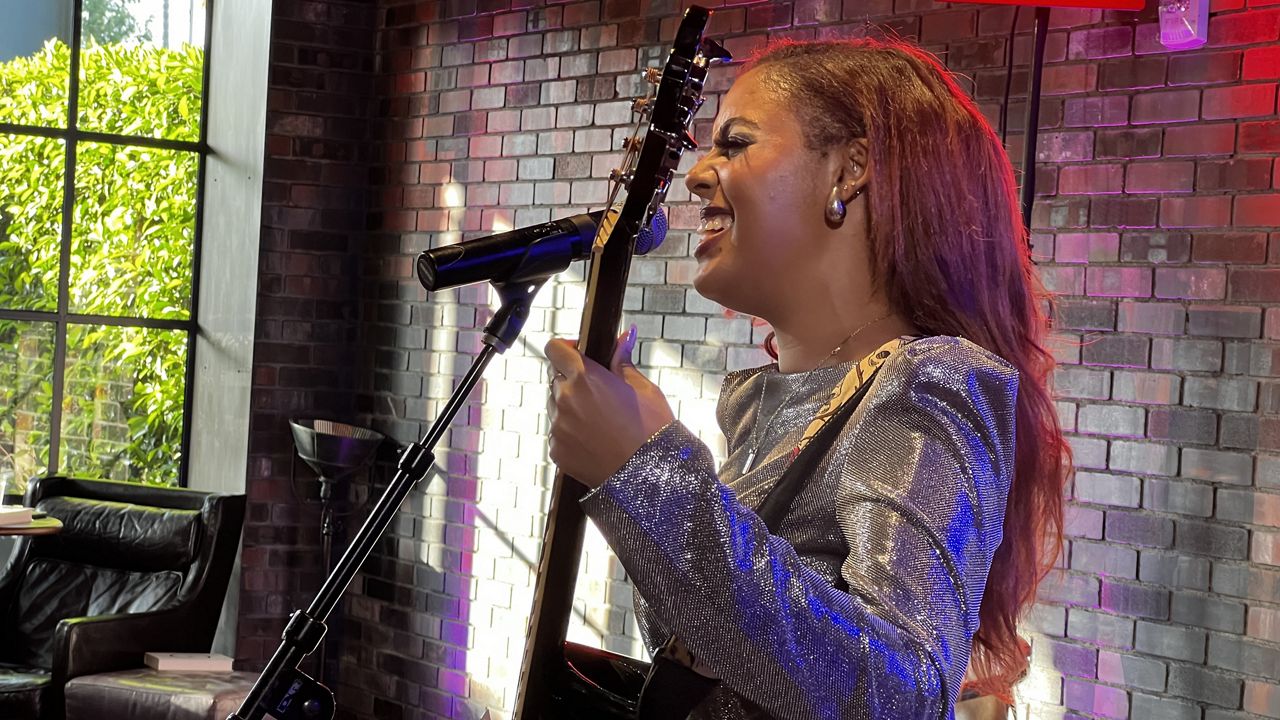Entertainment
Black voices amplify the country music conversation

The Stagecoach Festival in Indio is abuzz with excitement as country music enthusiasts gear up for what’s hailed as “country music’s biggest party.” Yet, amidst the fervor, discussions about the evolving landscape of the genre are gaining traction, spurred by the release of Beyoncé’s country album, “Cowboy Carter,” adding a fresh dimension to the conversation about Black artists in country music.
Singer-songwriter Carmen Dianne is a part of this conversation.
“I’m from Tennessee. My mother loved country music, and my favorite song when I was little was ‘No Shoes, No Shirt, No Problems.’ So it’s just something I grew up with,” Dianne said. She is a part of OnRamp, an artist development program by the Black Music Action Coalition — or BMAC — and the Academy of Country Music, providing workshops, mentorship and financial support to emerging talents.
As part of that program, she’s getting ready to share her voice at a BMAC event featuring country star Mickey Guyton based on their 2022 report called Three Chords and the Actual Truth: The Manufactured Myth of Country Music in White America. The report delves into the myths, statistics and expert opinions about the role of Black people in country music.
“The landscape of country music is changing right now,” Dianne said. “Beyoncé has shown that there is a market for people like us who want to see artists like us, and the opportunities are rolling in,” she said. However, the reality remains stark, with a BMAC report revealing that only 1% of acts signed to major Nashville labels between 2020 and 2021 were Black.
In the panel, Guyton, a Grammy-nominated country singer, spoke about the need for equality in the industry. “Give people an opportunity not because of anything more, but because they’re talented and they deserve the same chances. And that comes with a price. And people said horrible things to me,” Guyton said. She emphasized that audiences needed to show the monetary value in Black artists.
Willy “Prophet” Stiggers, CEO & President of BMAC, emphasized the opportunity of the current landscape. “When Beyonce released her project, we felt that we had to center this around a conversation for folks to understand why this moment matters. And so when we released I report, there was also calls to action. One of those calls to action was for the music world to join us in repairing some of the damage that had been done,” Stiggers said.
Stiggers advocates for diversifying radio playlists and recognizing the roots of country music, emphasizing its African origins. “That banjo which started the whole thing, derived straight from the motherland. And so this music is ours as much as it’s America’s,” Stiggers said.
The full report by BMAC can be accessed at bmacoalition.org/musicindustryreport










